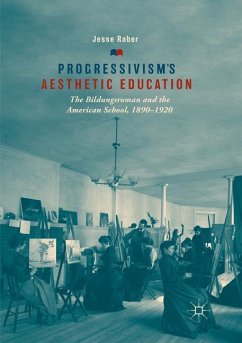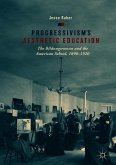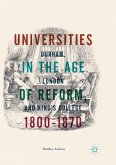During the Progressive Era in the United States, as teaching became professionalized and compulsory attendance laws were passed, the public school emerged as a cultural authority. What did accepting this authority mean for Americans' conception of self-government and their freedom of thought? And what did it mean for the role of artists and intellectuals within democratic society? Jesse Raber argues that the bildungsroman negotiated this tension between democratic autonomy and cultural authority, reprising an old role for the genre in a new social and intellectual context. Considering novels by Abraham Cahan, Willa Cather, and Charlotte Perkins Gilman alongside the educational thought of John Dewey, the Montessorians, the American Herbartians, and the social efficiency educators, Raber traces the development of an aesthetics of social action. Richly sourced and vividly narrated, this book is a creative intervention in the fields of literary criticism, pragmatic philosophy, aesthetic theory, and the history of education.
"Raber makes a compelling argument for reexamining pedagogical approaches, particularly as related to aesthetic works, and for valuing humanities studies in today's educational system, issues that will be of interest to Legacy's readers in academia who are both scholars and educators." (Julia P. McLeod, Legacy, Vol. 37 (1), 2020)
"There is much to admire and learn from in Raber's erudite study, which nonetheless addresses too many discrete phenomena coordinated with one another too loosely to result in a cohesive, convincing argument." (Frederick Wegener, American Literary Realism, Vol. 52 (3), 2020)
"There is much to admire and learn from in Raber's erudite study, which nonetheless addresses too many discrete phenomena coordinated with one another too loosely to result in a cohesive, convincing argument." (Frederick Wegener, American Literary Realism, Vol. 52 (3), 2020)








